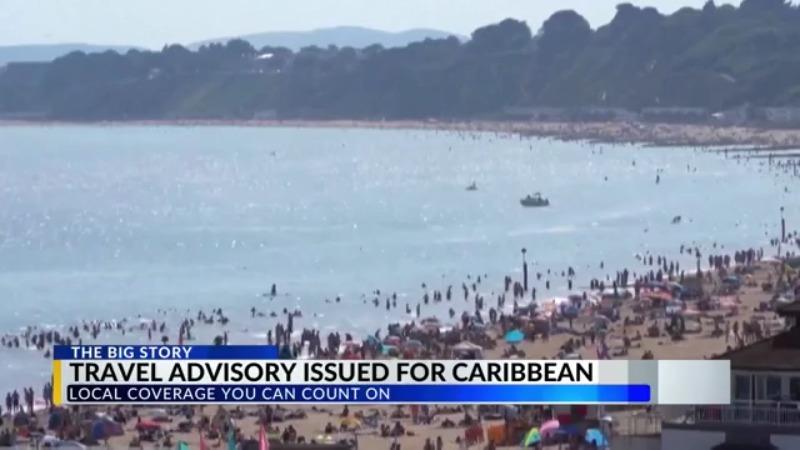Paradise turned perilous: Hawaii’s pristine beaches and lush landscapes now harbor an invisible threat that could turn a dream vacation into a medical nightmare. As cases of a rare and potentially deadly brain parasite continue to rise, health officials are sounding the alarm for tourists seeking tropical bliss. The whispered warning echoes through palm-lined streets and resort corridors: what you put on your plate could be your greatest risk. Visitors flocking to the picturesque Hawaiian islands are being urged to exercise extreme caution as a potentially deadly brain parasite continues to spread, causing meaningful health concerns among travelers and locals alike.
Recent epidemiological data reveals a concerning uptick in rat lungworm disease cases, scientifically known as Angiostrongylus cantonensis. This parasitic infection poses serious neurological risks and can lead to devastating health consequences if left untreated.
Health officials are emphasizing critical preventive measures, notably surrounding food consumption practices.Raw or undercooked produce, especially vegetables and fruits that might have been exposed to slug or rat contamination, represent significant transmission vectors for this potentially life-altering parasitic infection.
Experts recommend thoroughly washing all produce, cooking vegetables and fruits at high temperatures, and avoiding consuming raw agricultural products without proper cleaning and planning.The parasite can easily transfer through unwashed produce where slugs or rats might have left contamination traces.Local healthcare professionals have documented multiple cases where tourists contracted the infection after consuming improperly prepared meals or unwashed agricultural products. Symptoms can range from mild headaches and fever to severe neurological complications, including potential brain inflammation and long-term cognitive impairments.
The Hawaiian Department of Health has launched complete public awareness campaigns targeting both residents and international visitors. These initiatives aim to educate travelers about transmission risks, prevention strategies, and early detection methods for potential infections.
Microscopic examination reveals the parasite’s complex transmission cycle, involving rats, slugs, and potentially contaminated produce. The organism can survive in various environmental conditions, making comprehensive prevention strategies crucial for potential hosts.
Travelers are advised to maintain rigorous hygiene protocols, prioritize thoroughly cooked meals, and remain vigilant about food preparation methods. Local restaurants and hospitality establishments are also implementing enhanced sanitation procedures to mitigate potential transmission risks.
Medical professionals recommend immediate medical consultation if individuals experience unusual neurological symptoms following travel, such as persistent headaches, fever, neck stiffness, or unexplained cognitive changes. Early detection considerably improves treatment outcomes and reduces potential long-term health complications.
While the overall infection risk remains relatively low, health authorities stress the importance of proactive prevention and awareness. Tourists can enjoy Hawaii’s stunning landscapes and rich cultural experiences by maintaining cautious and informed dietary practices.
Ongoing research continues to investigate transmission mechanisms, potential treatment protocols, and comprehensive prevention strategies to protect both local populations and international visitors from this challenging parasitic infection.








![Officials scramble to rescue more than 1,000 stranded tourists after rare event sparks emergency: ‘Movement [is] nearly impossible’](https://scriptori.com/wp-content/uploads/2025/05/89900-officials-scramble-to-rescue-more-than-1000-stranded-tourists-after-rare-event-sparks-emergency-movement-is-nearly-impossible.jpg)

